Young Irish and sustainable seafood: insights from the Food Smart Dublin workshops
Authors: Agnese Cretella and Cordula Scherer
Published: 7 April 2021Return to Blog list
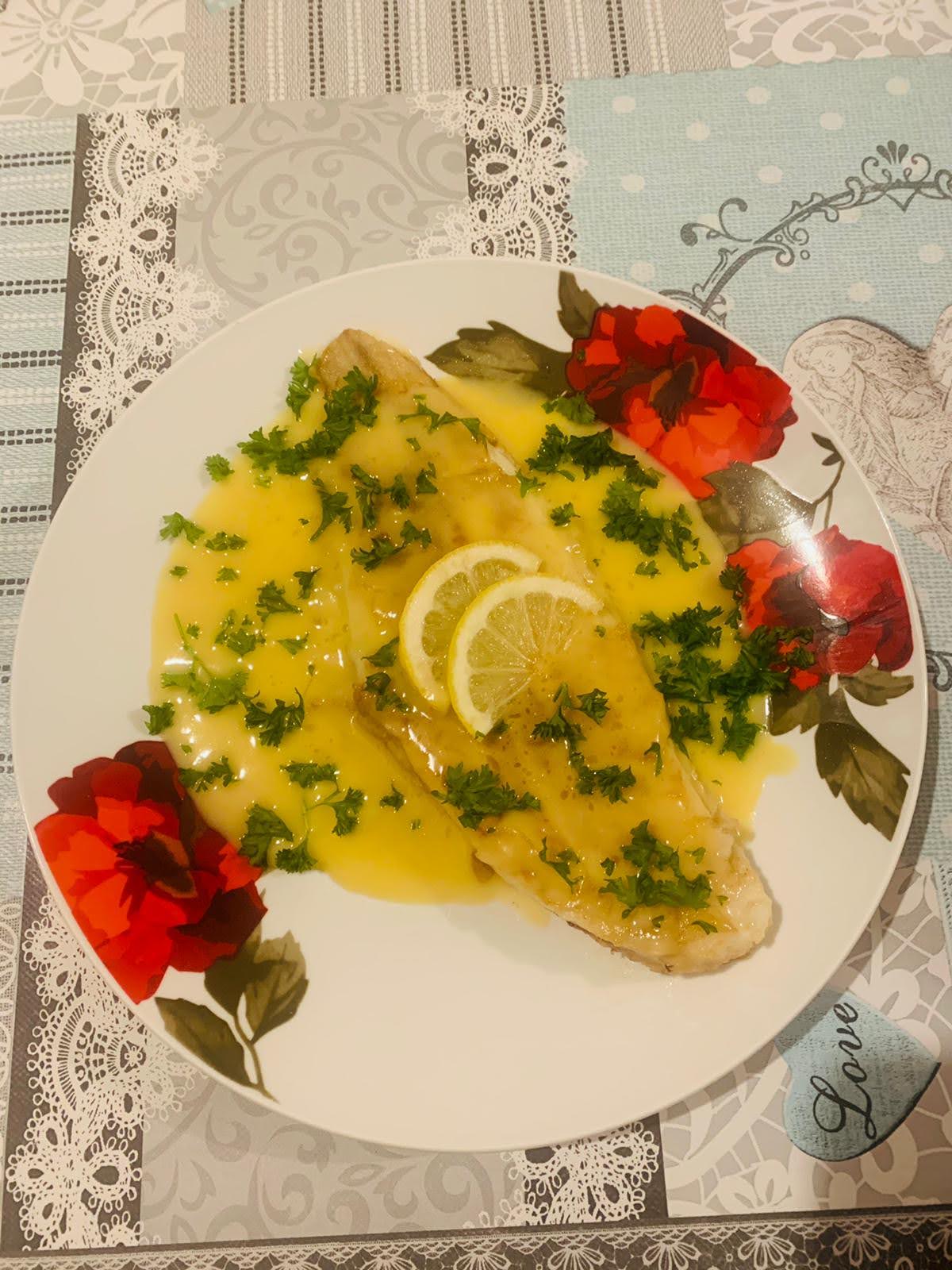 Hello, followers of Food Smart Dublin! We wrote this blog for the Trinity Centre for Environmental Humanities blog site and thought we best share it with you here, too. Our IRC funded COALESCE project Food Smart Dublin which started in 2019 is slowly coming to an end. As you know the project's goal is to encourage more sustainable seafood consumption by building on Ireland's unique coastal cultural heritage. Besides reimagining sustainable seafood dishes based on historical recipes that are easy to cook and can be locally sourced (published every calendar month on our website), we recently accomplished another exciting milestone of the project.
Hello, followers of Food Smart Dublin! We wrote this blog for the Trinity Centre for Environmental Humanities blog site and thought we best share it with you here, too. Our IRC funded COALESCE project Food Smart Dublin which started in 2019 is slowly coming to an end. As you know the project's goal is to encourage more sustainable seafood consumption by building on Ireland's unique coastal cultural heritage. Besides reimagining sustainable seafood dishes based on historical recipes that are easy to cook and can be locally sourced (published every calendar month on our website), we recently accomplished another exciting milestone of the project.
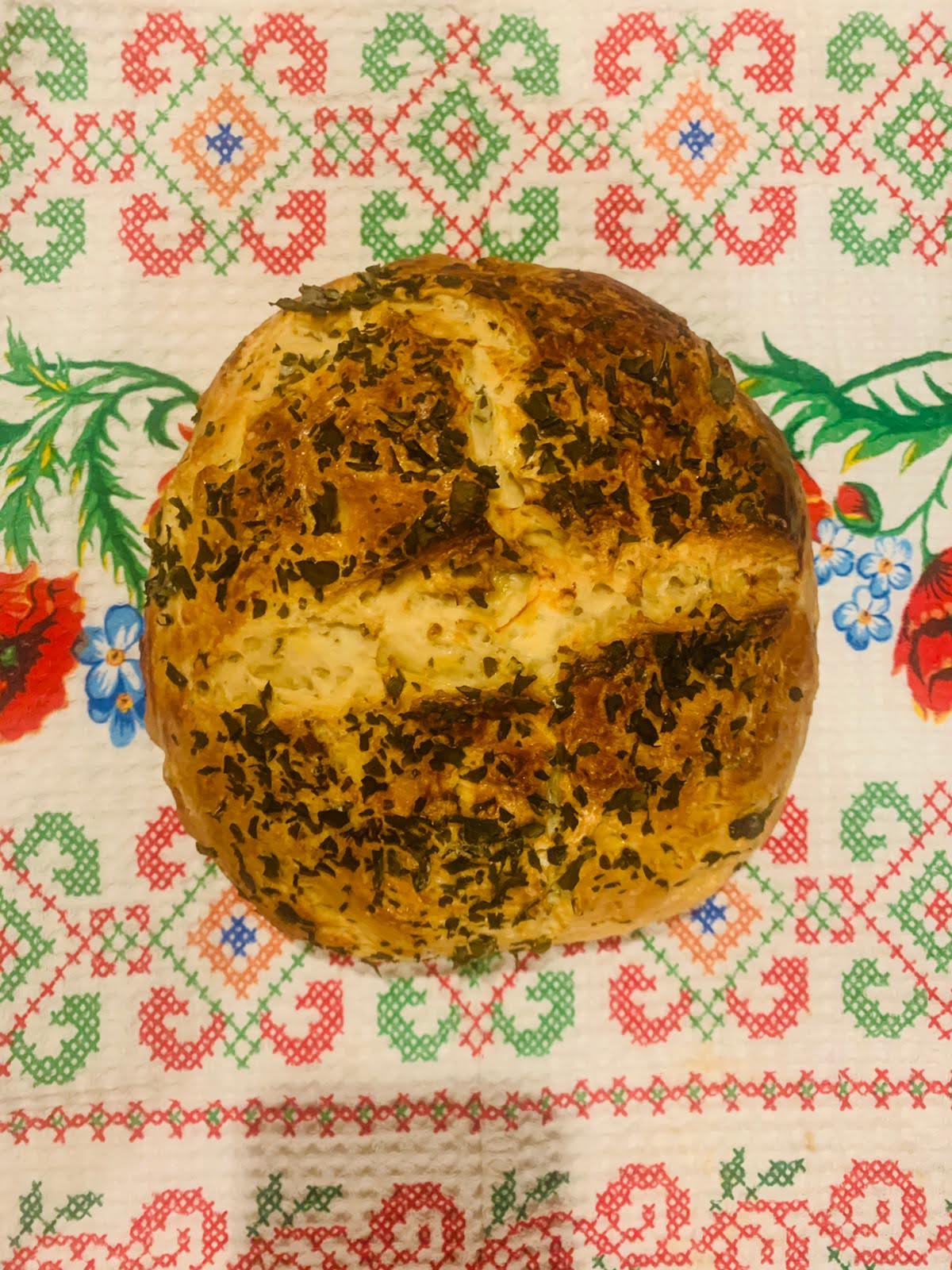
Between the 24th of September and 30th of October 2020, we delivered a series of five workshops targeting young Irish students (aged 15-18) designed to promote sustainable seafood consumption by building on both the tangible and intangible coastal cultural heritage of Dublin Bay’s biosphere. The five online workshops were co-hosted by the Food Smart Dublin research team (Dr. Cordula Scherer and Dr. Agnese Cretella) and Ireland's Environmental Education and Youth Organisation ECO-UNESCO, an NGO that aims to conserve the environment and empower young people.
The workshops were initially envisioned to be conducted in person, especially since they included an exploration trip in Dublin Bay and a final cooking workshop with our food industry partner Niall Sabongi.
It was quite challenging for us to find feasible and fun ways to move these activities completely into the virtual media world due to COVID-19! Nevertheless, our young participants were absolutely enthusiastic, very patient and forgiving and actively engaged in all the workshops and had a lot of fun, particularly in the final cooking tutorial.
The blend-in approach workshops brought together a total of 13 students, most of them local to the Dublin area. The approach enabled the students to learn from one another by reflecting collectively on the information that was given to them. In the workshop report, we offer an overview of the various activities of the workshops and on the feedback received from the students through the completion of a learner diary after each workshop.
Learning about sustainable seafood
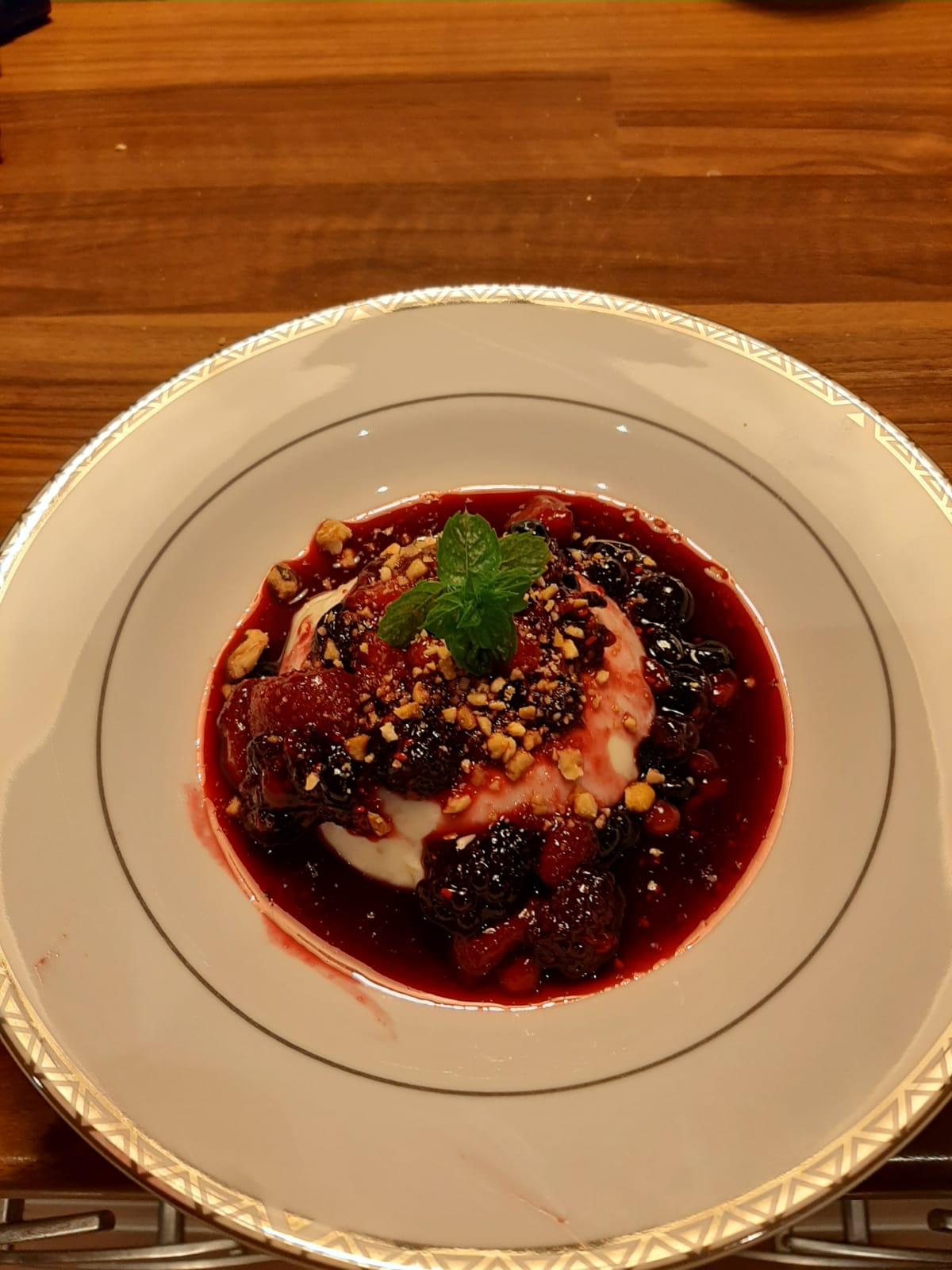
In the first workshop, the students learned about sustainable seafood by exploring different sea creatures and the seafood pyramid with the concept of trophic levels, different fishing techniques and how the fishing industry works in general.
The second workshop dove into Ireland’s rich seafood history and the cultural relationship with different kinds of seafood, such as salmon, lobster and oyster. For instance, the students were surprised to discover that in the past, lobsters were so abundant in Ireland that they were used as fertilizer or animal feed! The third workshop investigated the seasonality of seafood and the types of seafood that can be found on our Dublin shores. The students were encouraged to imagine a few seafood recipes with species from lower trophic levels, such as seaweed and periwinkles, and were also tasked with planning an imaginative seafood festival that accounted for seafood seasonality.
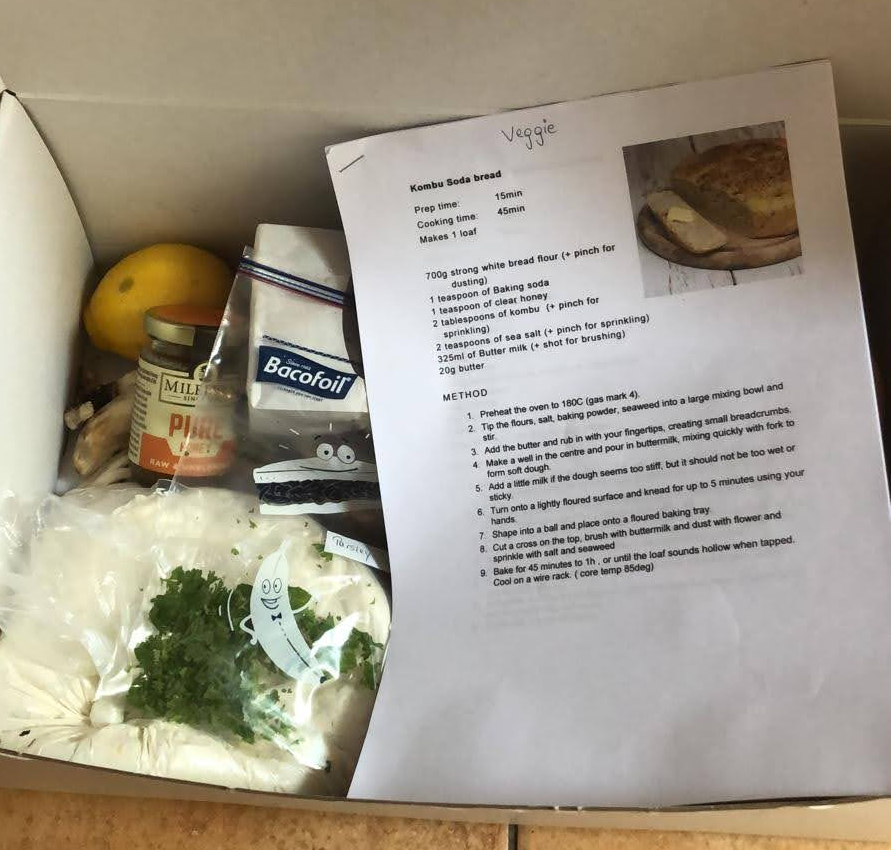
The fourth workshop consisted of a virtual trip exploring a stretch of Dublin Bay - Sutton Strand. Cordula (FSD) and Kieran (Eco-Unesco) shot short video clips in which they captured various kinds of marine life that commonly live on our shores while explaining their names and roles in the local ecosystem. These clips were then shown to the students who were encouraged to safely explore their own shores with family members in their own time and space and adhering to Covid-19 restrictions while reporting back to us with short videos and images reflecting what they explored.
A sustainable seafood menu
In the fifth and final workshop, kindly co-funded by the Marine Institute, our young participants finally got their hands dirty by cooking remotely a seafood menu based on the historical and sustainable recipes unearthed by Food Smart Dublin. The cooking workshop was facilitated by our food industry partner Niall Sabongi and his sue-chef Adam. To make this possible, a seafood kit with all necessary ingredients and recipes was delivered to the students’ homes.
Via virtual media Niall and Adam guided them step by step through four recipes. The students made seaweed soda bread, cooked megrim sole with lemon butter, Dublin Bay prawns on toast, and carrageen moss pudding. The craic was mighty and there was a lot of laughter coming out of the computer screen on both ends. The students really embraced this lengthy workshop with high spirits, funny chef hats and great patience. Look at some of the impressive dishes prepared by our young participants at the end of the cooking workshop:
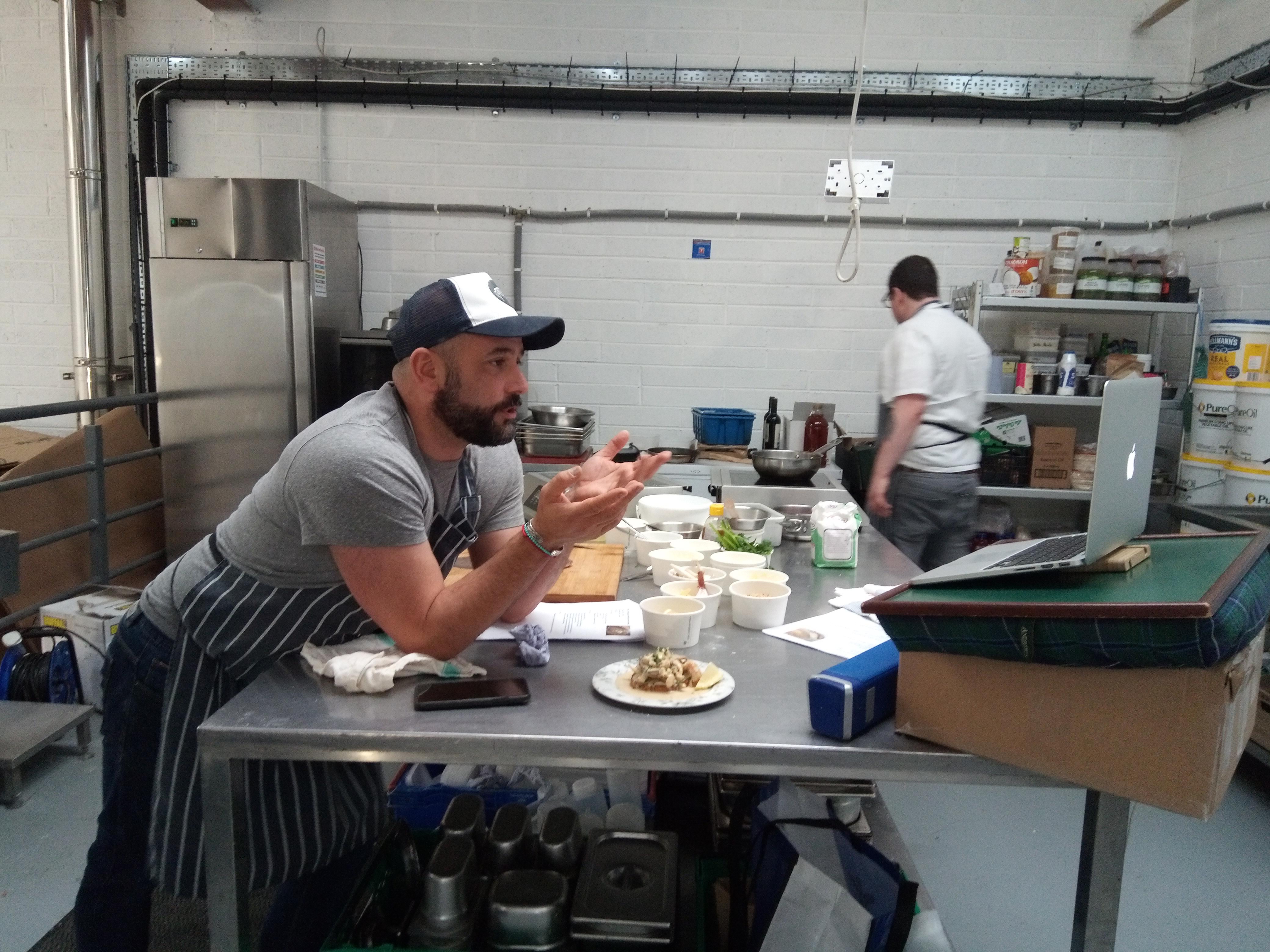

In the final feedback form of the workshops, the students demonstrated great enthusiasm for the topics covered. 78% rated their experience as very good and 22% as good. All of them responded positively about educating other young people on the information learned throughout the workshops which is in line with the recent Eco-Unesco Youth Climate Justice Survey, where 52% of young people stated that they would want more information on climate change and climate action.
This highlights the importance of knowledge production and knowledge exchange to increase pro-environmental behaviour in our Youth and to encourage stewardship towards our marine environment. Workshops like ours can motivate and inspire active involvement in climate justice and other environment work: half of the participants of the FSD sustainable seafood workshop series subsequently subscribed to ECO-UNESCO’s Young Environmentalist Awards. What a fantastic outcome!

